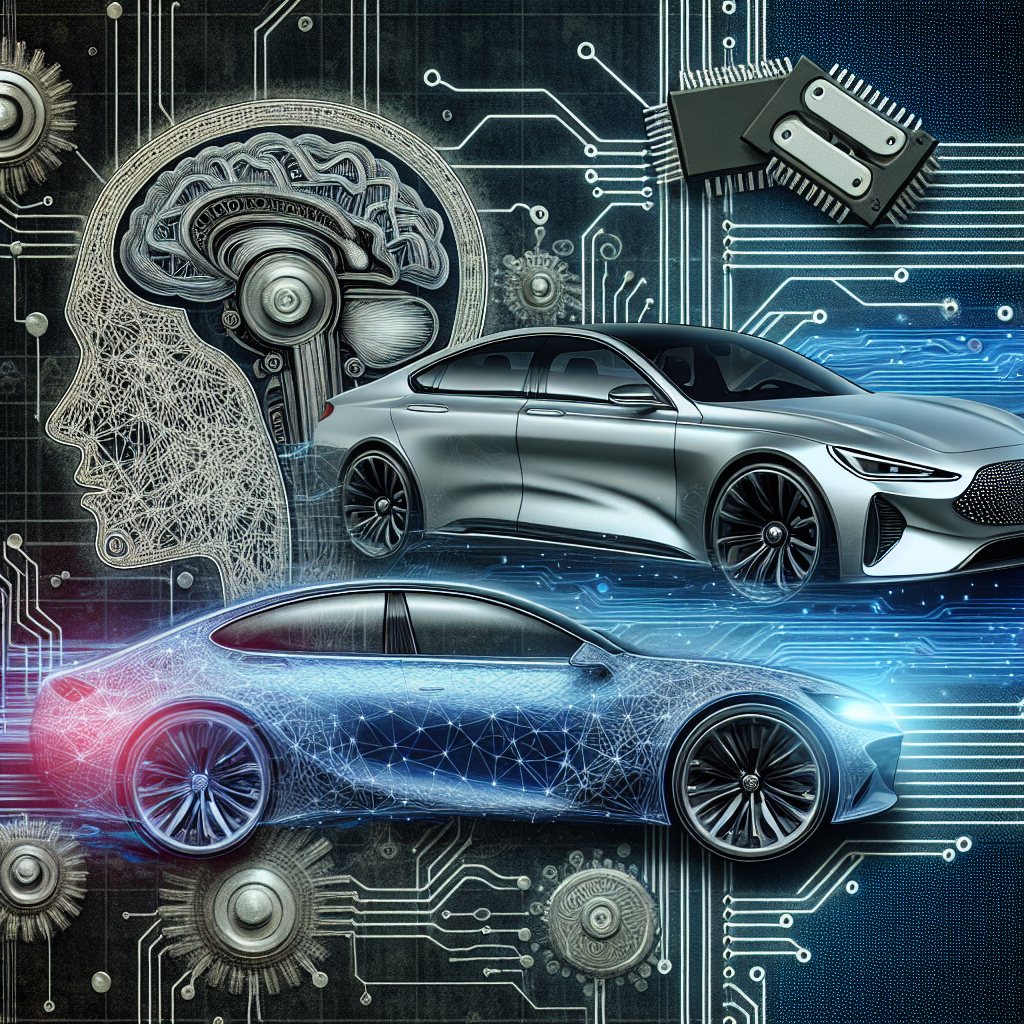Artificial intelligence (AI) has become an integral part of many industries, and the automotive industry is no exception. AI platforms are revolutionizing the way vehicles are designed, manufactured, and driven. From autonomous vehicles to predictive maintenance, AI is transforming the automotive industry in countless ways.
AI platforms in the automotive industry are used for a variety of purposes, including improving safety, enhancing user experience, and increasing efficiency. These platforms utilize advanced algorithms and machine learning to analyze vast amounts of data and make decisions in real-time. By harnessing the power of AI, automotive companies are able to create innovative solutions that were previously thought to be impossible.
One of the most significant applications of AI platforms in the automotive industry is in the development of autonomous vehicles. These vehicles use AI algorithms to navigate roads, interpret traffic signals, and make split-second decisions to ensure the safety of passengers and other road users. Companies like Tesla, Waymo, and Uber are leading the way in the development of autonomous vehicles, with AI playing a crucial role in their success.
AI platforms are also being used to improve the overall driving experience for consumers. From voice recognition systems to predictive maintenance alerts, AI technology is enhancing the way drivers interact with their vehicles. For example, AI-powered virtual assistants can provide real-time traffic updates, suggest alternative routes, and even adjust the temperature and music preferences based on the driver’s habits.
In addition to safety and user experience, AI platforms are also being used to optimize manufacturing processes in the automotive industry. By analyzing data from sensors and cameras on the factory floor, AI algorithms can identify inefficiencies, predict maintenance needs, and even predict potential equipment failures before they occur. This proactive approach to maintenance not only saves time and money but also ensures that production lines are running at peak efficiency.
Furthermore, AI platforms are also being used in the automotive industry to enhance vehicle cybersecurity. With the rise of connected cars and the Internet of Things (IoT), cybersecurity has become a major concern for automakers. AI algorithms can analyze network traffic, detect anomalies, and respond to potential threats in real-time, ensuring that vehicles and their data are secure from cyberattacks.
Overall, AI platforms are revolutionizing the automotive industry in countless ways, from autonomous vehicles to predictive maintenance and cybersecurity. As technology continues to advance, the possibilities for AI in the automotive industry are endless, and we can expect to see even more innovative solutions in the years to come.
FAQs:
Q: How are AI platforms used in autonomous vehicles?
A: AI platforms in autonomous vehicles use advanced algorithms and machine learning to navigate roads, interpret traffic signals, and make split-second decisions to ensure the safety of passengers and other road users.
Q: What are some examples of companies using AI platforms in the automotive industry?
A: Companies like Tesla, Waymo, and Uber are leading the way in the development of autonomous vehicles, with AI playing a crucial role in their success. Other companies are also using AI platforms to enhance user experience, improve manufacturing processes, and enhance vehicle cybersecurity.
Q: How do AI platforms enhance the driving experience for consumers?
A: AI platforms enhance the driving experience for consumers by providing real-time traffic updates, suggesting alternative routes, and adjusting the temperature and music preferences based on the driver’s habits. AI-powered virtual assistants also play a crucial role in enhancing the overall user experience.
Q: How do AI platforms optimize manufacturing processes in the automotive industry?
A: AI platforms optimize manufacturing processes by analyzing data from sensors and cameras on the factory floor. By identifying inefficiencies, predicting maintenance needs, and detecting potential equipment failures, AI algorithms ensure that production lines are running at peak efficiency.

